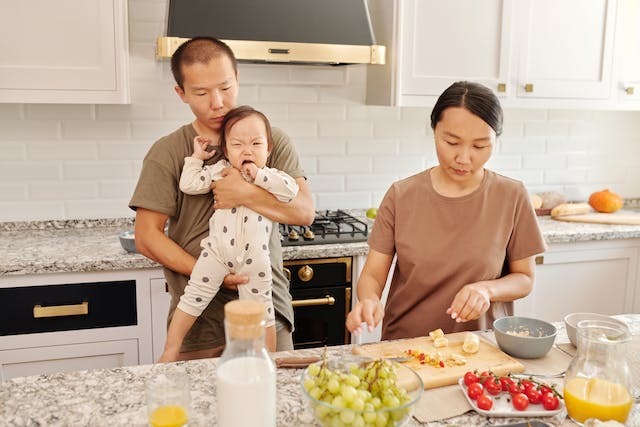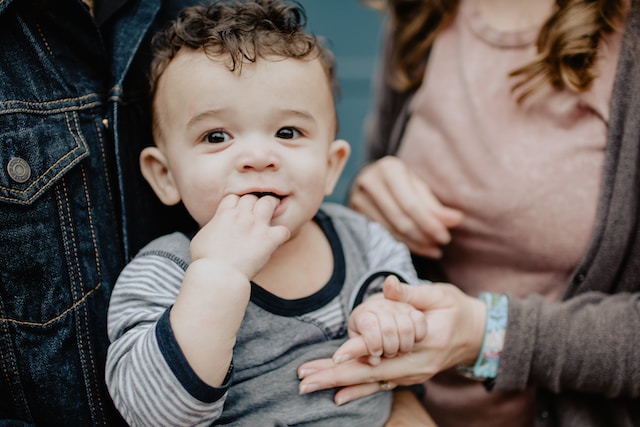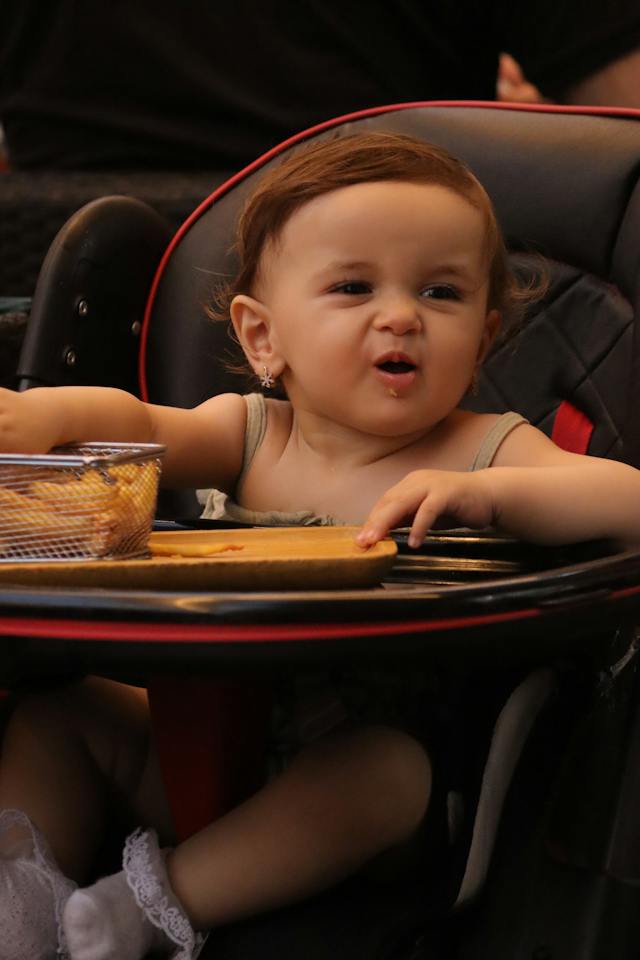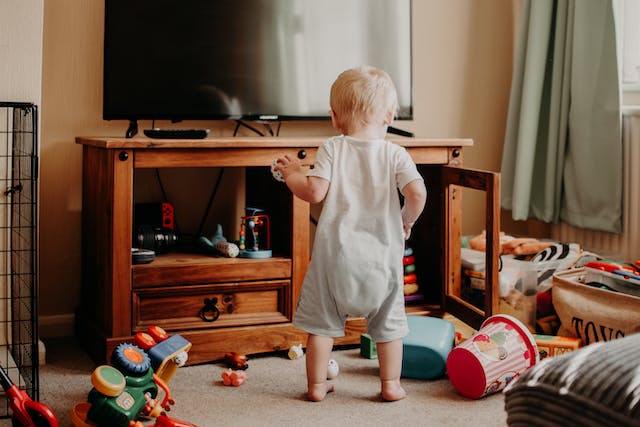Toddler Shock: where is my sweet, cooperative, easy-going child?

Toddlers are motion and emotions, power plays and exponential growth. Toddlerhood is a stage unlike any other, with the possible exception of becoming a teenager. Actually, becoming a toddler is very similar to becoming a teenager – defiant, oppositional independent. Toddlerhood is that transitional stage between the loving, secure bonding bubble of babyhood and the capable preschooler with personality, style and self-mastery. It’s a great ride when parents understand that those toddler edges are the places where toddlers are growing the most.
Generally speaking, toddlers are Xkids – Xtreme emotions, Xtreme growth, Xtreme changes!. They push back from the first year of falling in love with mom and dad – bonding, attachment, the parent-child dance. Toddlers change everything when they discover the words: NO and MINE!
“No” does not mean “no”; it means “I AM”. I am my own person, or at least trying to be. “Mine” means I am claiming this world as an extension of ME! I’m taking ownership and I like the way it feels. MY toy, MY cup, MY teddy bear, MY mommy! It’s going to take the next 6-12 months for the Me-Mine-Now toddler to learn to share, learn to wait, and learn to co-exist happily in a world where everything doesn’t always go his or her way.
Toddlers know many things and can “think” of those things when they are out-of-sight and out-of-mind. Unfortunately, they have not experienced enough of the world to know that mommies and daddies return when they drive out of the driveway (or return ready to pick up where they left off when they go to the bathroom). They also have no problem wanting two mutually exclusive things. I want to go to school and stay home. I want to play in the park and I want to play in my bedroom. I want grandma; I don’t want grandma. I don’t want this song to end and I don’t want to miss the next song…in circle time at my music class.
HELP!!!!! How is a parent suppose to stay sane if everything is a battle, if a child isn’t reasonable, and if something is guaranteed to throw everything out of whack again and again?
Answer: meet toddlers where they are. Adult expectations won’t work. Trying to make a toddler “happy” only adds frustration for you and them (because it’s their “job” to be oppositional, to find were their edge is). Be ready with comfort, ready to wait through the explosions and the meltdowns, ready to teach that there are good choices and happy endings after the emotional detours. Toddlers are learning to think and feel at the same time. That’s no easy feat.
Many years ago, Jean Illsley Clarke listed these as the essential affirmations for being the parent of a toddler (18 months to three years old):
• I’m glad you are starting to think for yourself.
• It’s OK for you to be angry and I won’t let you hurt yourself or others.
• You can say no and push and test limits as much as you need to.
• You can learn to think for yourself and I will think for myself.
• You can think and feel at the same time.
• You can know what you need and ask for help.
• You can become separate from me and I will continue to love you.
Those are not easy messages for parents who are missing their sweet, happy, gentle, eager-to-please baby.
Just remember, “no” doesn’t always mean “no”. It might mean “hey listen to me sounding big and powerful”. It might mean “I really want that blue cup but please put it on the table so I can get it myself”. Or, it might mean “are you sure it’s a bad idea for me to stay up all night or eat all these cookies”. Or, “but I really did want to clobber my baby sister because I can’t figure out where she came from or how long she’s staying”.
Parenting toddlers requires lots of patience, a few breaks, and a lot of help from your friends. It means accepting that they will get themselves stuck on good ideas (can’t leave a playground) and bad ideas (like taking the knives out of the dishwasher) and there’s nothing you can do about it. Introduce books about emotions (especially angry and sad). Read about all those high drama characters (dinosaurs who break rules, No David, and Llama Llama). Introduce big fun power play (sand, water, digging, spraying, building, running, climbing). Keep easy routines that don’t overwhelm or over-extend. Rest assured, by 2.5 and 3 years old, your crazy-making toddler will have found his personality without bumping into frustration every minute of every day.





Follow Us
Join the conversion. Make sure to follow us on our social platforms for the latest content and FamilyTime news.